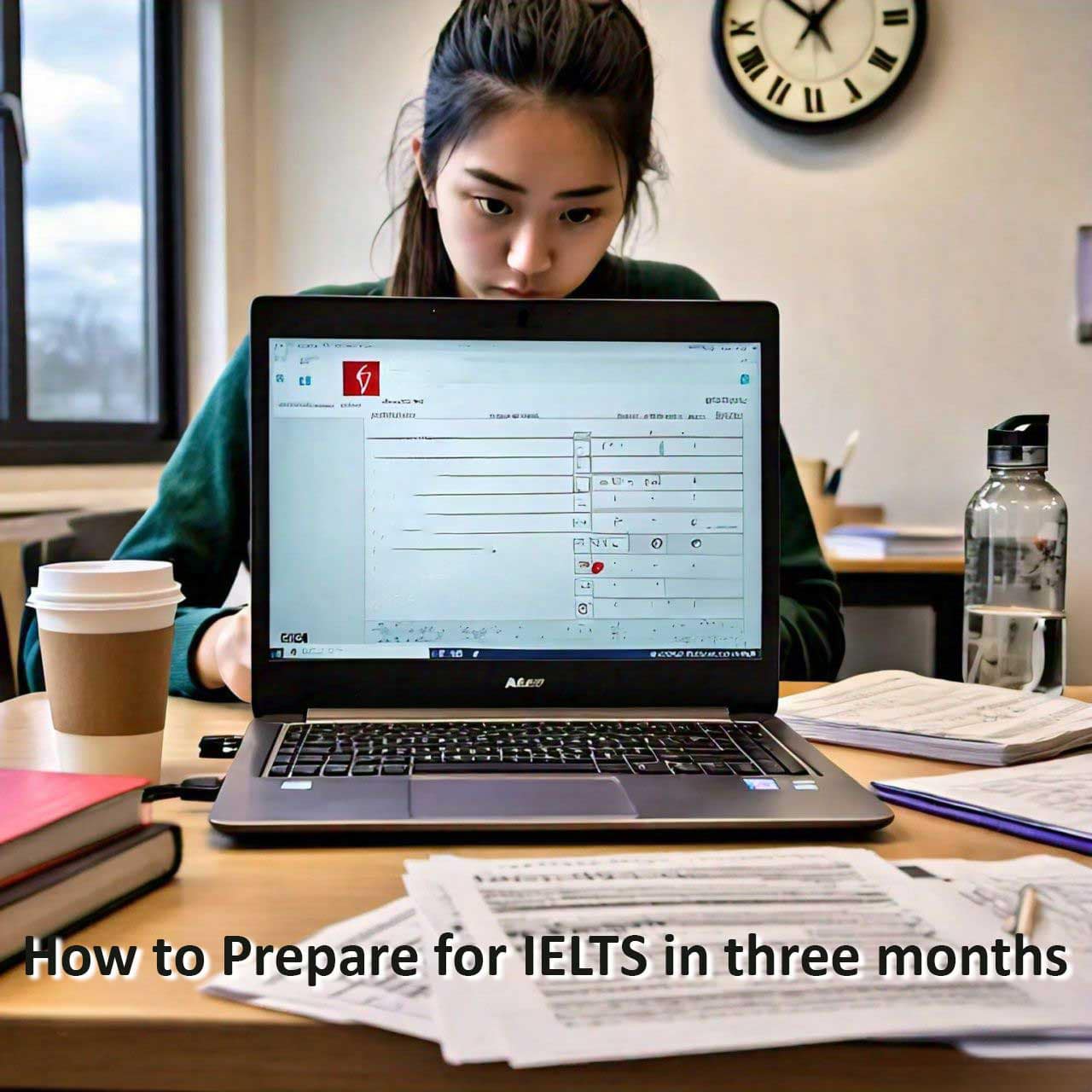The IELTS Speaking test is a crucial part of the IELTS exam, designed to assess your ability to communicate effectively in English. Part 3, also known as the discussion phase, is often considered the most challenging section. It requires you to engage in a deeper, more abstract conversation with the examiner, usually based on the topics discussed in Part 2. This blog post will provide you with comprehensive strategies to prepare for Part 3 and boost your confidence and performance.
Table of Contents
Understanding IELTS Speaking Part 3
In Part 3 of the IELTS Speaking test, the examiner will ask you a series of questions related to the topic you discussed in Part 2. These questions are more abstract and require you to express opinions, analyze issues, and discuss broader themes. This part lasts for about 4-5 minutes.
Key Strategies for Success
1. Understand the Question Types
Part 3 questions can be categorized into several types:
– Opinion: Asking for your viewpoint on a subject.
– Comparison: Comparing different ideas or phenomena.
– Prediction: Speculating about future trends or outcomes.
– Causes and Effects: Discussing the reasons for and consequences of certain events.
– Solutions: Suggesting ways to solve a problem.
Familiarize yourself with these question types and practice forming structured responses.
2. Develop Your Ideas
To effectively tackle Part 3 questions, you need to develop your ability to think critically and expand on your ideas:
– Practice Brainstorming: Regularly practice brainstorming ideas on various topics. Write down key points and expand on them.
– Use Real-Life Examples: Support your opinions with real-life examples and experiences. This makes your answers more relatable and convincing.
– Explore Different Perspectives: Try to look at issues from different angles and consider various viewpoints. This will help you give well-rounded answers.
3. Structure Your Responses
A well-structured response is crucial for clarity and coherence. Follow this structure to ensure your answers are organized:
– Introduction: Briefly introduce your main point.
– Explanation: Elaborate on your point with reasons and details.
– Example: Provide an example to illustrate your point.
– Conclusion: Summarize your main point and restate your opinion if necessary.
4. Enhance Your Vocabulary
Having a rich vocabulary allows you to express your ideas more precisely and effectively:
– Learn Topic-Specific Vocabulary: Build your vocabulary around common IELTS topics such as education, environment, technology, and society.
– Use Synonyms and Phrases: Avoid repetition by using synonyms and varied phrases.
– Practice Collocations: Learn word combinations that are commonly used together. This makes your language sound more natural.
5. Improve Your Fluency and Coherence
Fluency and coherence are key criteria in the IELTS Speaking test:
– Practice Speaking Regularly: Engage in regular speaking practice with a partner or tutor.
– Use Connectors: Use linking words and phrases (e.g., however, therefore, in addition) to connect your ideas smoothly.
– Pause Naturally: Use natural pauses to think and organize your thoughts instead of using fillers like “um” and “uh.”
6. Work on Pronunciation
Clear pronunciation helps convey your message effectively:
– Practice Stress and Intonation: Work on stressing the right words and using intonation to emphasize your points.
– Listen and Imitate: Listen to native speakers and try to imitate their pronunciation and intonation patterns.
– Record Yourself: Record your practice sessions and listen for areas of improvement.
7. Stay Calm and Confident
Confidence plays a significant role in your performance:
– Practice Under Test Conditions: Simulate test conditions by practicing with a timer and in a quiet environment.
– Stay Positive: Maintain a positive mindset and believe in your ability to perform well.
– Breathe and Relax: Take deep breaths before and during the test to stay calm and focused.
On Test Day
Arrive Prepared
– Arrive Early: Ensure you arrive at the test center early to avoid any last-minute stress.
– Bring Necessary Documents: Have your identification and any other required documents ready.
During the Test
– Listen Carefully: Pay close attention to the examiner’s questions and make sure you understand them before answering.
– Ask for Clarification: If you don’t understand a question, don’t hesitate to ask the examiner to repeat or explain it.
– Speak Clearly and Naturally: Focus on speaking clearly and at a natural pace. Don’t rush your answers.
Conclusion
Part 3 of the IELTS Speaking test may seem daunting, but with thorough preparation and practice, you can excel in this section. Focus on understanding the question types, developing and structuring your ideas, enhancing your vocabulary and pronunciation, and maintaining your fluency and confidence. By following these strategies, you’ll be well on your way to achieving a high score in the IELTS Speaking test.
Good luck, and happy studying!



